Wild Camping In Southern And Eastern England
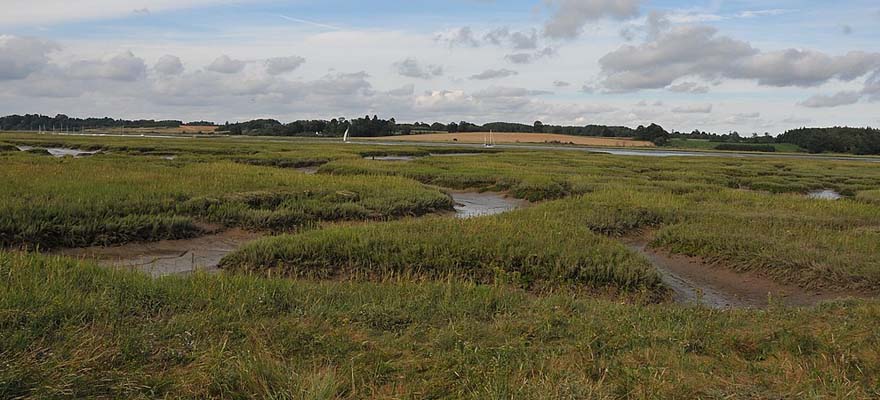
Words: Lucy Grewcock (Wild Guides Author)
Watching the sunset from a hilltop, seeing lights twinkle-on in the valley below, and cosying-up beneath a blanket of stars: wild camping is the ultimate mini adventure. Strictly speaking, it’s only legal in England with the permission of the landowner but you’re unlikely to cause offence if you arrive late, pack-up early and leave absolutely no trace.
For the best experience, invest in a tarp or bivvy bag. That way, you can travel light, be discrete and fully immerse yourself in nature. A sleeping mat adds a little comfort and insulates you from the cold ground, and I always sleep in a woolly hat to stay warm throughout the night. Before pitching, walk at least 20-minutes from the nearest road or building, and set-up away from popular footpaths. Come prepared with simple food and snacks, or pick a good local pub or café for a pre-camp meal and post-camp breakfast. Here are a few good spots to get you started.
Northeye Lost Town and Seaport– East Sussex
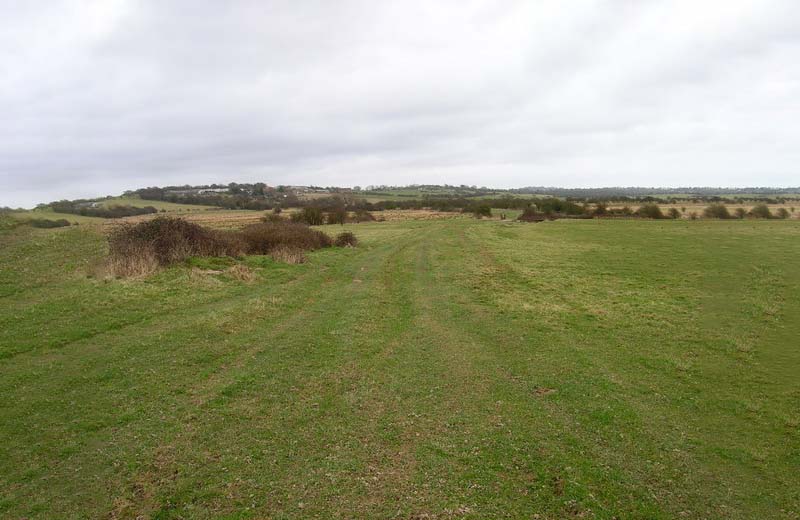
Credit: Simon Carey
Thought to have been deserted when an inrush of sea submerged its streets, the medieval town of Northeye once stood on the Pevensey Levels near Hastings. All that remains today is a sloping field with grassy bumps, but if you look hard enough you can see the outline of the original roads and walls. With dark skies for stargazing, it’s a wonderfully remote spot to bivvy down. In the morning, you could wild swim at Normans Bay or Darwell Lake.
Sea Wall, Dengie Marsh– Essex
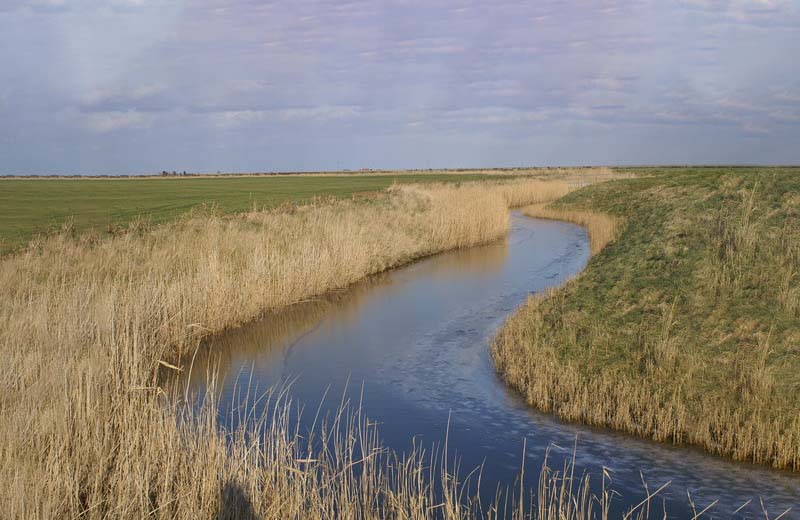
Credit: Peter Standing
With no roads or houses, the Dengie Peninsula has an empty, end-of-the-world feel. Despite this, it’s a mere 60-minutes from London. Head to St Peter-on-the-Wall (one of England’s most remote churches) and follow the sea wall to find a secretive spot overlooking the saltmarsh and cockle spit. Snuggle down, gaze across the North Sea and look out for seals and seabirds. Lathcoats Farm near Chelmsford is a good place to gather supper supplies, or stop for breakfast on the drive home.
Pegsdon Hills– Herts and Lea Valley
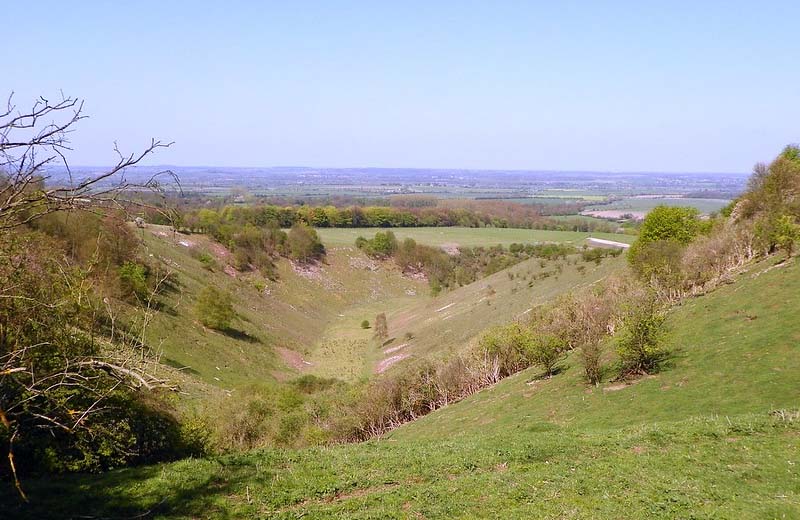
Credit: Peter O'Connor
The steep Pegsdon Hills have hidden folds for camping out, and panoramic views over Bedfordshire and Hertfordshire. Look for bats at sunrise and sunset, see fallow deer in winter, or visit in summer for glow-worms, skylarks and butterflies. After a morning walk through the hills, head to Emily’s Tea Shop in Whitwell for coffee and home-cooked food.
The Long Stone at Mottistone– Isle of Wight
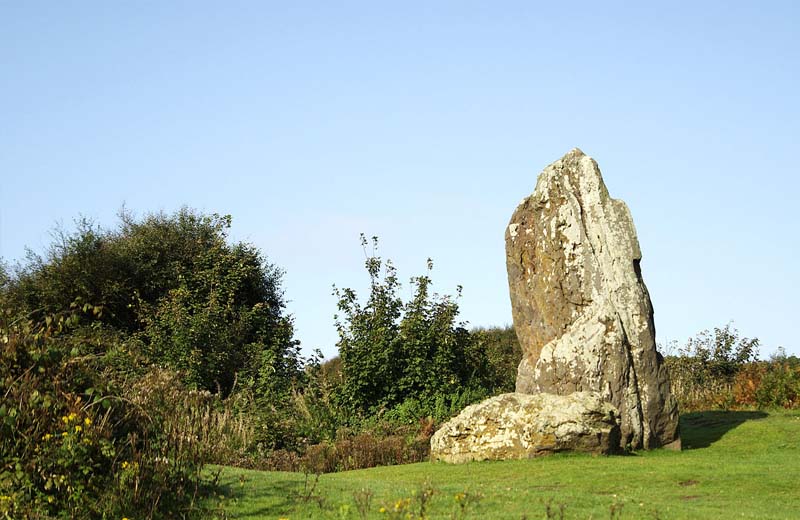
Credit: Richard Scott-Robinson
Solstices and equinoxes are still celebrated at these impressive standing stones. Legend says that St Catherine threw the tallest sandstone (13ft tall) when she was fighting with the Devil for control of the Isle of Wight. Before you head here with your bivvy bag, fill up with local grub at the nearby Sun Inn – a 600-year-old thatched pub which, allegedly, once served as a smugglers’ base for trading illicit goods.
Methersgate Quay, Deben Estuary– Suffolk Coast
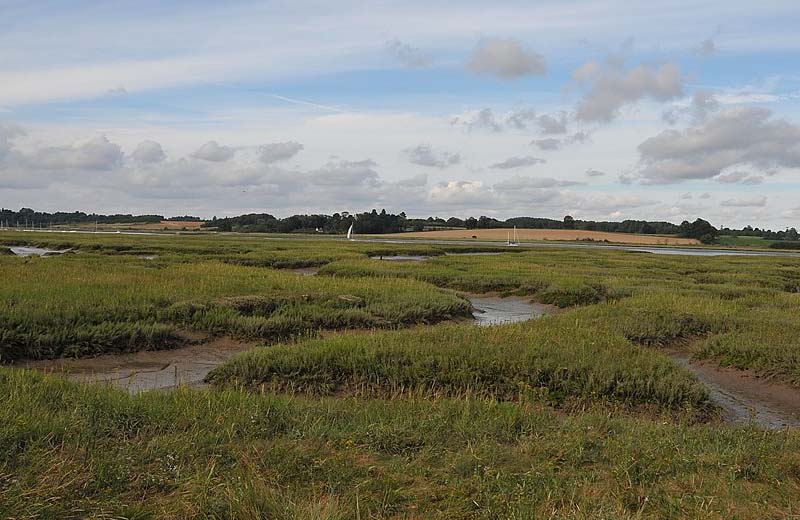
Credit: Euphro
Best reached by canoe, this remote stone quay is a peaceful place to stargaze and sleep. An SSSI (Site of Special Scientific Interest) that’s known for its overwintering waders and wildfowl, the Deben Estuary is a haven for redshanks, brent geese, black-tailed godwits, shelducks and more. Add to your adventure by joining local Suffolk forager Jon Tyler for a lesson in wild food – you’ll learn how to identify, harvest and prepare foraged produce like samphire, sea beet and sea purslane.
Wild camping is one of the biggest adventures you can have in a short space of time – particularly in London and the southeast. It takes surprisingly little effort to pack a few supplies, stroll away from civilization and spend a night under the stars, yet the silence, excitement and sheer peace of sleeping wild will stay with you for several days. My favourite time to wild camp is on a weekday night – for me, the thrill of waking-up outside before heading into the office for a normal day of work really adds to the experience. I think that it’s something that everyone should experience, at least once.
For more inspiration on wild adventures this Autumn take a look at Wild Guide London and South East and other Wild Guides.
*Please note in England and Wales you do not have the right to camp just anywhere and should seek landowner's permission before doing so. There are areas in Dartmoor where wild camping is permitted whilst in other areas, for example, the Lake District and Snowdonia, where wild camping is accepted but only as long as certain precautions are taken. For more information on where you can wild camp, check out our beginners guide to wild camping blog.
 |
About the Author:Lucy Grewcock - Travel Writer & AuthorLucy Grewcock is an award-winning travel writer and author of Wild Guide – Southern and Eastern England, which won ‘Travel Guide Book of the Year’ at the 2015 Travel Media Awards. She has worked on several other books in the Wild Guide series as a researcher and proofreader. |






